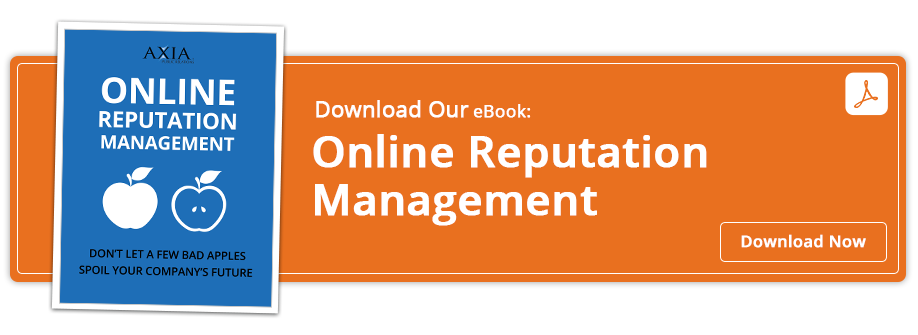 Learn the difference and let PR show you how to control both for increased profits
Learn the difference and let PR show you how to control both for increased profits
Would you let your accountant or HR officer run amok with no oversight or direction from you? Of course not, but that’s exactly what many companies do when it comes to their online presences.
Some believe that as long as they have search engine optimization covered, they’re fine. They use the right targeted keywords numerous times and customers will be able to find them, so that’s it. However, how consumers find you is not as important as what they see when they do. It is vital to control the information about your company on the Internet. This is called online reputation management, and having professional PR help in this area is essential.
The differences between SEO and ORM
These two terms go together like a hand and a glove. After all, you have no online reputation if people can’t find you. But there are also key differences, and gaining a better understanding of these distinctions can affect your profitability.
SEO is optimizing for a product or service using generic keywords based on the product/service/company’s overall description. Designed to drive sales, it deals with showing up during a general search, such as when a user types in “basketball sneakers” or “PR firms.”
Reputation management is shaping the first impression people get on search engines when searching for your formal name, like your corporation, product or branded service. It is designed to protect and manage a brand, like Adidas or Axia PR.
Where your company appears on the page of search hits is the result of SEO. Whether the information is mostly positive or negative is the focus of ORM.
Why it matters
Perhaps the biggest difference is for the consumer. Good SEO helps you to be visible in the awareness stage of the sales funnel, which can serve to boost your website traffic. Having excellent ORM is most vital when prospects are in the contemplation and decision-making phases. When what they find is positive, that can lead to increased sales.
You probably get your automobile serviced even when it’s running smoothly. Proper maintenance like oil changes and tune-ups prevent bigger problems later. It’s the same with ORM. If you wait until there’s a problem, it might be too late.
What you can do
If you don’t like what you see, all is not lost, since you can influence both of these elements. For SEO, you can conduct surveys and customer research to better determine what your target audiences are searching for at various stages of the sales cycle funnel and adjust your keywords accordingly.
Once you do, a good PR firm can help by providing quality content to exercise those keywords. Do this through blogging, providing value-added content and social media outreach.
Website monitoring and coordinating efforts are key components in this process. Business mogul Warren Buffet once said, “It can take a lifetime to build a reputation and five minutes to ruin it.”
Fortunately, the right PR firm has the tools and skills to help you manage and control your online presence. At Axia, we can work to create and promote positive content, which will help improve your online reputation and brand recognition. Download our e-book Online Reputation Management or contact us today to discover how we can develop an aggressive reputation management strategy for your company and defend your brand.
Lisa Goldsberry is a writer for Axia Public Relations with more than 15 years of public relations experience. She specializes in business, higher education and technology PR. Connect with Axia Public Relations on Twitter @axiapr.
Featured image credit: 123rf.com
Topics: public relations, reputation management, inbound marketing, online reputation management



Comment on This Article